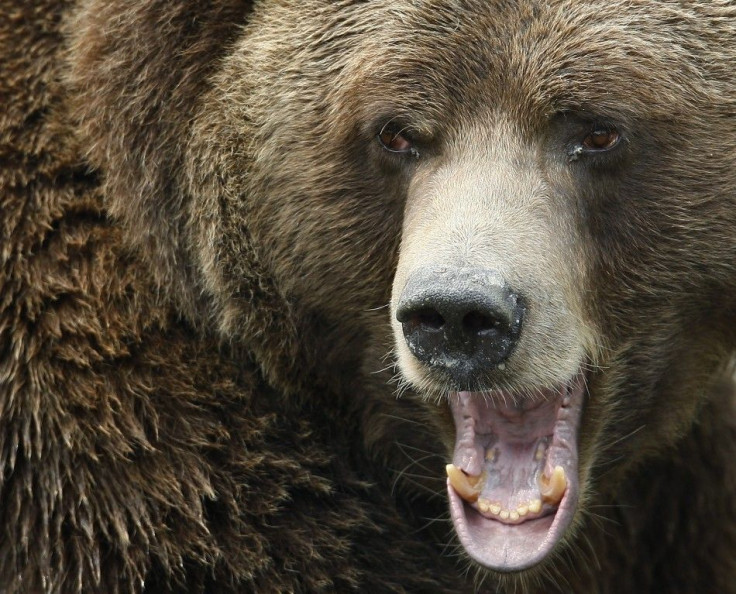Alaska Bear Attack: Hospitalized Teens Share Survival Stories

Though we are often warned to drop to the ground and play dead when faced with a massive, growling grizzly bear, many of us make the mistake of taking a dash. That's exactly what 17-year-old Sam Gottsegen of Denver and other participants of a back-country survival course did during their excursion in the Alaska wilderness.
After running from the grizzly, several students were pounced upon -- including Gottensgen, who along with three others was seriously injured.
"When I heard that bear, when I saw it, it was all just like natural instinct," he said. "All night long I was thinking I should have played dead."
The attack occurred Saturday night in the Talkeetna Mountains north of Anchorage. The group of seven teens was approaching the end of a 30-day survival course and had entered the first day of a stage where they could try out their back-country skills without adult supervision.
Don Ford, Alaska director of the National Outdoor Leadership School, the group that operated the program, assured skeptics that playing dead after seeing a grizzly was part of the training.
"We recognize people are going to react differently," Ford said Monday at a news conference in Palmer. "You don't know how we're going to react. The bear came really fast, that's super unusual."
He added that the students reported yelling to alert bears of their presence in the area. However, he said that the bear might not have heard them because of a large rock outcropping in the area.
The group hiked through bushes that got so thick that they opted to wade through a river, walking in single file. As they rounded a bend, 17-year-old Joshua Berg of New York spotted the animal and began yelling, "Bear! Bear!" The bear pounced on him first.
Of the seven teenagers in the group, just three escaped unharmed. Though no one reported seeing one in the area, authorities believe the bear was so aggressive because it was with a cub.
After the attack was over, the group made use of their survival knowledge, setting up camp, patching deep wounds, and activating a beacon.
Authorities received the signal around 9:30 p.m. Saturday and dispatched rescuers to the scene. An Alaska State Trooper and a pilot located the students' tent from a helicopter shortly before 3 a.m.
"It speaks great volume to their character that they were able to come together like this after such a devastating encounter," Alaska State Trooper Megan Peters said. "They came face-to-face with the worst Alaska had to offer, and they're able to say they survived it."
Berg and Gottsegen remained in the hospital in Anchorage. Berg, whose injuries included a cracked skull, remained in serious condition at the Providence Alaska Medical Center on Tuesday, but Gottsegen -- who sustained two broken ribs, a punctured lung and a bite to the head -- was upgraded to good condition Monday.
© Copyright IBTimes 2024. All rights reserved.












